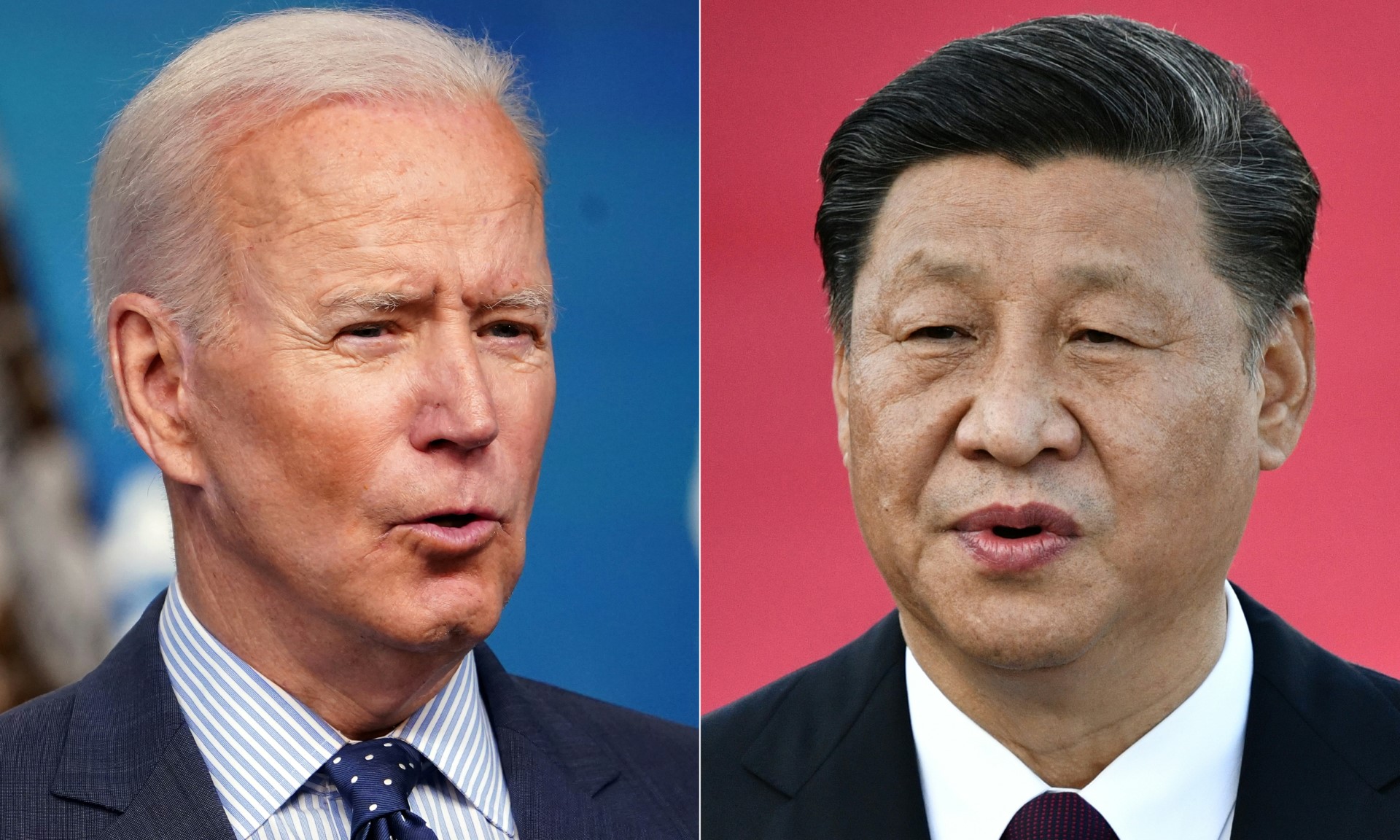President Joe Biden said Friday that democracy “knows no borders” as he closed a two-day summit on democratic freedoms while fending off a storm of criticism from China and domestic critics alike. Biden’s presidency has focused on restoring America to what Ronald Reagan liked to call a “shining city on the hill,” or a beacon for freedom that other nations look up to.
But the Washington summit, held by video link because of Covid-19, underlined difficulties facing the United States in resurrecting that traditional role.In closing comments to leaders from scores of countries, as well as representatives of NGOs and philanthropical bodies, Biden said democracy “knows no borders. It speaks every language. It lives in anti-corruption activists, human rights defenders, journalists.” “We’re committed to working with all those who share those values to shape the rules of the road,” Biden vowed, saying the
On the first day of the virtual summit, he pledged $424 million to support media freedom, fair elections and anti-corruption campaigns.
“Democracy needs champions,” Biden said.
But as Biden hosted the summit on a wall of television screens in the White House, rival China was trolling the summit with mocking propaganda, including a rap song in English saying that Americans “sell democracy like they sell Coca-Cola!”
China and Russia, which Biden describes as the supreme leaders of the autocracies camp, were the highest profile names left off the invite list to the Washington summit.
Both countries have responded angrily, accusing Biden of stoking Cold War-style ideological divides.
China is especially upset because while it was not invited, Taiwan was.
As a democratically-run island that China considers a breakaway region, Taiwan is an increasingly sore spot in the wider battle between Beijing and Washington.
Beijing got a boost right in the middle of Biden’s summit when Nicaragua dropped its previous diplomatic alliance with Taiwan, saying it only recognized China.
The announcement leaves Taiwan with only 14 diplomatic allies, just as the US State Department is calling on “all countries that value democratic institutions” to “expand engagement” with the island.
– World skeptical on US –
Biden’s democracy appeal also met a mixed reception at home.
On one side, Republican critics say he has not been tough enough on China or other adversaries.
“In Joe Biden’s first 11 months in office, he has failed to stand up for freedom across the globe and caved to those who want to dismantle it, emboldening our enemies and undermining our standing abroad,” the Republican National Committee said in a reaction to his remarks Friday.
On another end of the political spectrum, famed Vietnam War era whistleblower Daniel Ellsberg lashed out at the Biden administration for pursuing extradition of Wikileaks founder Julian Assange.
Washington wants Assange to face trial for WikiLeaks’ publication in 2010 of classified military documents relating to its wars in Afghanistan and Iraq.
Enjoying this article?
Subscribe to get more stories like this delivered to your inbox.
On Friday, the US government won an appeal paving the way for the 50-year-old Australian to be sent from Britain.
“How dare Biden lecture a @StateDept #SummitForDemocracy today while refusing to pardon” Assange, Ellsberg tweeted Thursday.
He accused Biden of “killing freedom of the press for ‘national security.'”
And looming over not just the democracy summit, but the entire US political scene, is the trauma of Donald Trump’s refusal to accept he lost the 2020 presidential election, as well as an alleged coup attempt to reverse the results.
It’s a complex situation that leaves Biden struggling to get his message across and his audience sometimes skeptical.
Only 17 percent of people surveyed in 16 advanced economies “consider American democracy a good model for other countries to follow,” according to the Pew Research Center Spring 2021 Global Attitudes Survey.
Another 57 percent “think it used to be a good example but has not been in recent years.”
© Agence France-Presse

